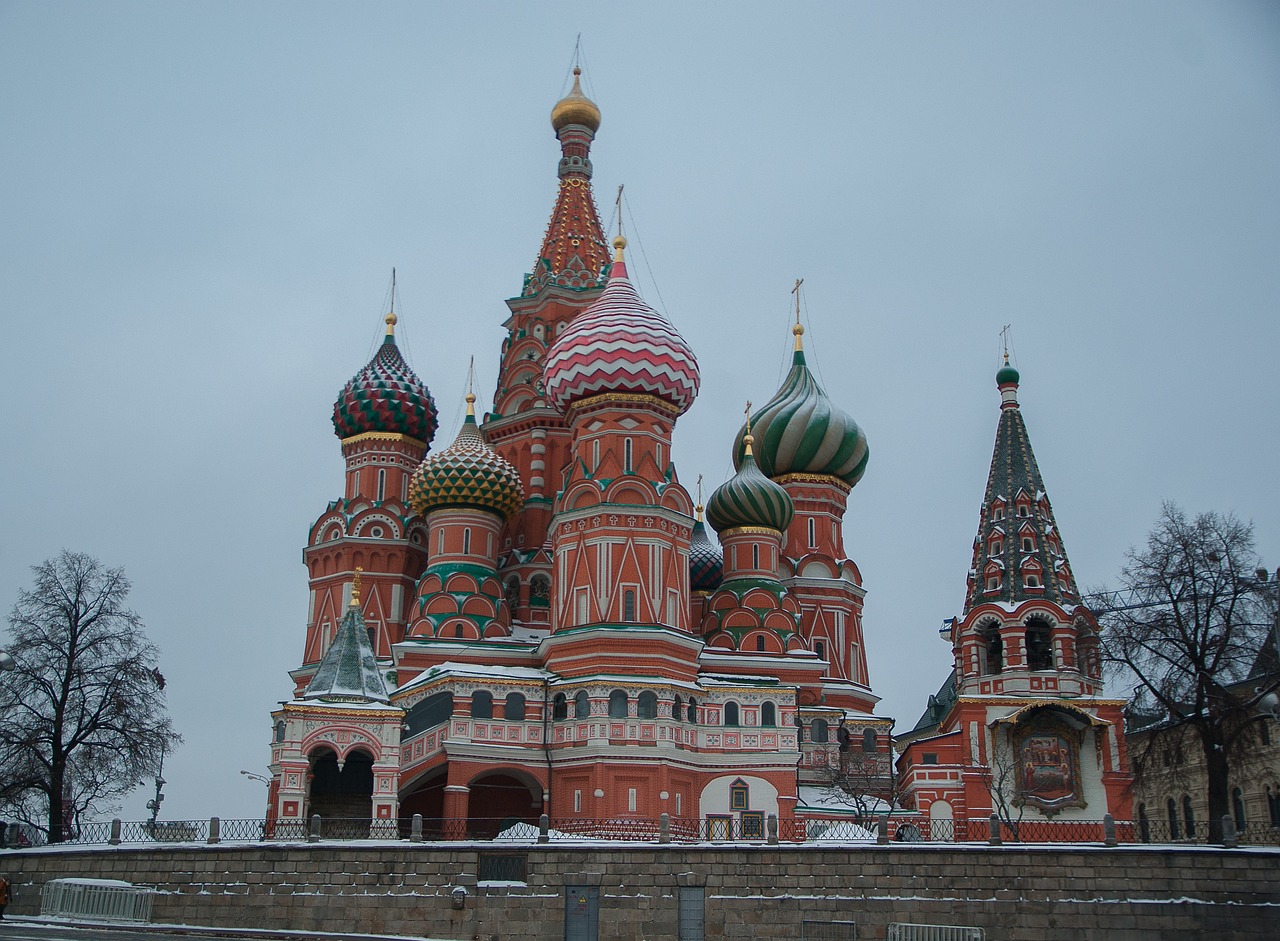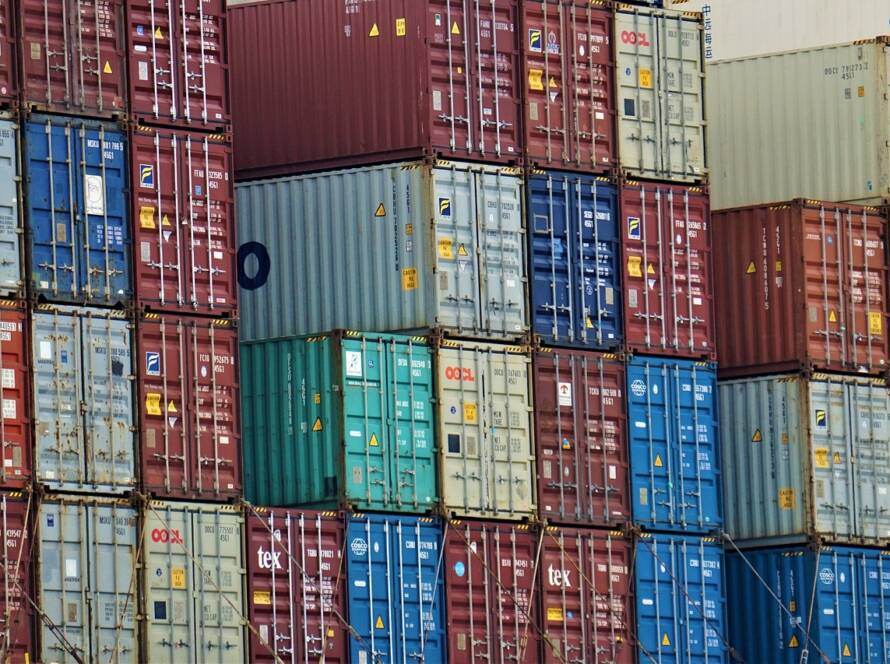The fourteenth package of sanctions against Russia: new contractual and due diligence obligations for EU operators

The fourteenth package of sanctions against Russia, adopted on June 24, 2024, includes numerous provisions which target Russia’s military capacity by focusing on high-value sectors of the Russian economy and aim at making it more difficult to circumvent EU sanctions.
In fact, several of the new provisions are aimed at intensifying the fight against sanction evasions. Such provisions have introduced new and relevant obligations for European companies and, consequently, new liability scenarios in cases of sanction violation.
Updates on the “No Russia” clause application
With the twelfth package published in December 2023, European operators were required to include a clause prohibiting the re-exportation to Russia or for use in Russia in sales, supply, transfer or export contracts of specific sensitive products with counterparts from third countries (excluding Russia and “partner” countries).
The European Commission updated its FAQs , most recently on July 15, 2024, clarifying some operational aspects of this rule (for example, the FAQs clarify that European companies must implement this obligation before product delivery) and providing a model for the “no re-export to Russia” clause.
With the fourteenth package, new machineries have been added to the list of those for which including the clause is mandatory.
Furthermore, the scope of the obligation has been further clarified, specifying that the clause does not apply to:
- some of the machinery listed in the common high priority items and technologies;
- the execution of contracts concluded before December 19, 2023, until January 10, 2025, or until their expiration date, if earlier;
- contracts concluded with a public authority in a third country or with an international organization, provided that the relevant national authorities are notified within two weeks from the conclusion of such contracts.
Moreover, the new regulations introduced a mandatory “No Russia” clause for intellectual property rights and trade secrets related to common high priority items and technologies (Annex XL). The new obligation thus applies to licensing agreements or any other contract involving the transfer of intellectual property rights or trade secrets.
EU operators must prohibit non-EU counterparts from using intellectual property rights, trade secrets or other information for common high-priority items intended for sale, supply, transfer, or export to Russia or for use in Russia.
Additionally, the Regulation on sanctions against Belarus has been updated to include a “no-Belarus” clause in contracts for the supply of sensitive goods.
From an operational standpoint, the implementation of these obligations demands particular attention by the EU operators.
The operational practice currently developing involves having buyers sign separate declarations from the sale/supply contract or, alternatively, including the clause in the general terms of sale. In the latter case, it is important to verify whether the buyer imposes their general purchase terms, potentially nullifying the effectiveness of the terms of sale.
It is therefore evident that the obligations for economic operators are escalating, with increasingly stringent regulatory requirements that automatically integrate contractual agreements. The European Union appears to be leveraging EU economic operators and their commercial relationships to indirectly extend the application of sanctions to third parties who would not otherwise be bound by them.
This expansion trend is also evident in the potential future requirement for European parent companies to impose the “No Russia” clause on their subsidiaries. The introduction of this measure is not certain yet, as the decision will be made based on the results of the recent introduction of the “No Russia” clause, which the Commission intends to monitor closely.
New due diligence obligations for common high priority items
Operators trading common high priority items, starting from December 26, must:
- document and update the risk assessment related to export to or for use in Russia;
- implement policies, controls and procedures to mitigate and manage export risks to or for use in Russia;
- ensure these measures are implemented in non-EU subsidiaries selling, supplying, transferring, or exporting common high priority items, unless the EU operator is unable to exercise control over the non-EU subsidiary for reasons beyond its control.
These obligations are mitigated by the indications that measures taken by European operators must be proportionate to their size and to the nature of the business activity.
This new rule also represents an expansion of European companies’ due diligence activities, considering that it requires an unprecedented control over the activities of the subsidiaries’, which is indicative of a shift of paradigm in this field of regulation.
Due diligence obligations for European companies with foreign subsidiaries
The new package of sanctions establishes that European operators must “undertake their best efforts” to ensure that any entity they control or own outside the European Union (including Russia) does not engage in activities prohibited by the Regulation.
This provision introduces a significant change in the principles governing the European sanctions regime, potentially reducing the applicability of the principle of non-extraterritoriality by introducing specific obligations for parent companies.
Given the objective of preventing the undermining of restrictive measures under the Regulation, EU parent companies must adopt all the appropriate and necessary measures, including controls and procedures to effectively mitigate and manage risks, taking into proper consideration all the factors related to the subsidiary such as location, sector of operation and type of activity.
In substance, due diligence obligations have been introduced, and from such obligations, European operators’ liability for the subsidiary’s activities may arise, provided that two conditions are met: the activities’ noncompliance with the European regulations and the negligence or omission in adopting reasonable and necessary measures identified by the recitals of the regulations.
Regarding the actual scope and extent of these obligations, there is a need for clarifications from the Commission, given that the only current regulatory limit is the feasibility of the actions for the operator, based on size, nature and factual circumstances, such as the actual degree of control it can exercise on the subsidiary.
Conclusions
The new legislative changes impose new and significant obligations for European companies.
Compliance activities now extend to controlled entities, hence guidelines, procedures and internal controls based on a risk assessment of the subsidiaries’ activities must be introduced.
Regulatory indications also suggest that the obligations of the European parent companies may increase and expand in the future.
That being said, it is to be excluded that European parent companies can be held responsible in every case where a subsidiary violates European regulations, as all factual circumstances must be considered to verify an actual violation of due diligence obligations.
Regarding the changes related to the “no Russia” clause, the new legislative package has clarified its scope of applications and what are the applicable exceptions. The extension to intellectual property rights and trade secrets implies new obligations for European operators that will potentially impact all contractual negotiation activities.




